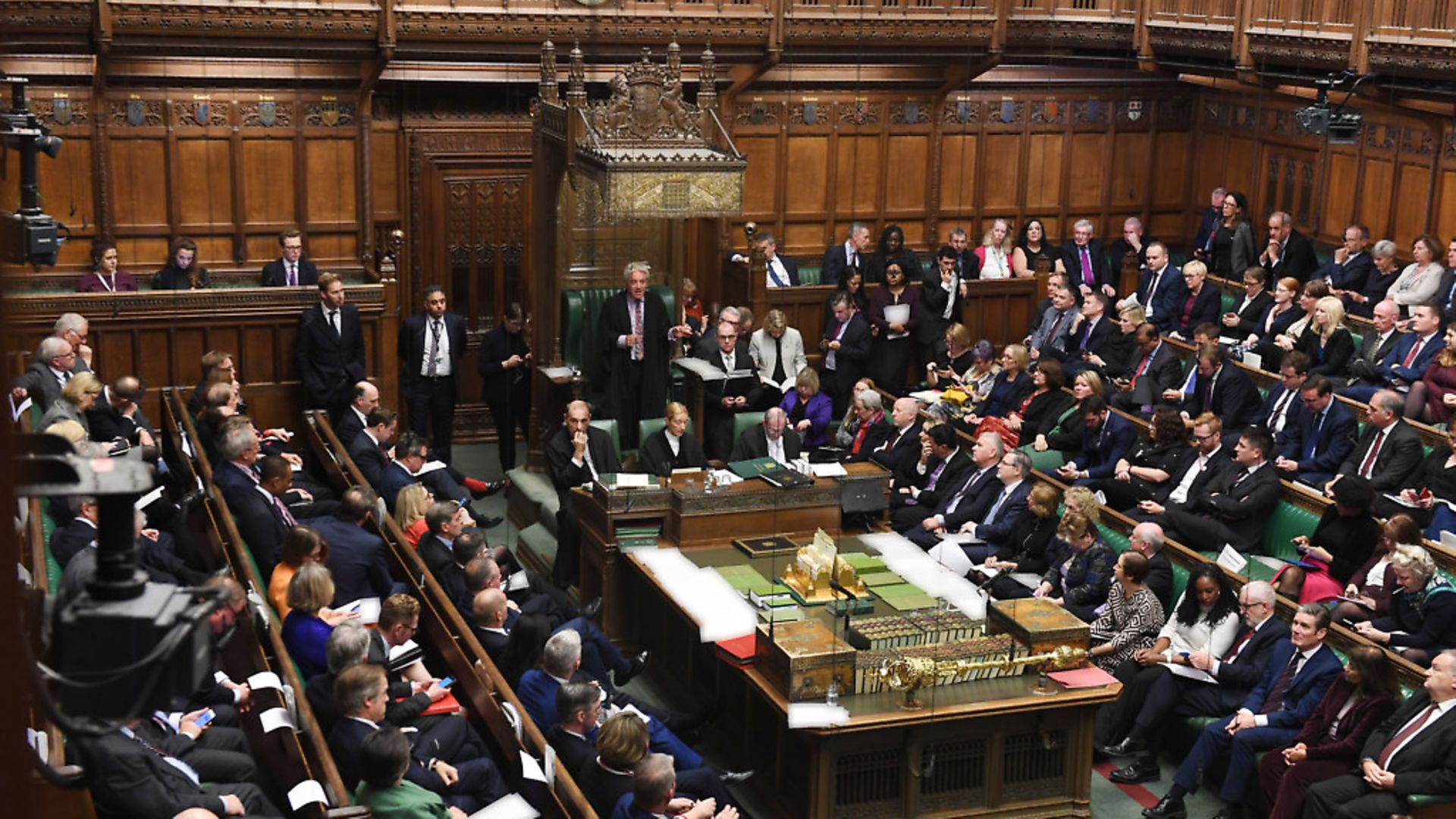
MARY HONEYBALL says the relentless focus of the Conservatives and Labour on male Leave voters has led to fewer female MPs.
Seventeen women have decided to quit the House of Commons for good. Several of them had risen to ministerial positions and few are approaching retirement age. This exodus of able women is a concern on many levels, not least because of Brexit.
Contrary to the received wisdom, Brexit is not gender neutral. Under Theresa May’s version, with Boris Johnson’s May Mk 2 effort or on WTO terms, Brexit will have a disproportionate effect on women. Yet the consequences for women of the UK leaving the EU have been utterly ignored by the British state and the media.
In 2016 51% of women electors voted to Remain, against 55% of men who voted Leave. Numerically, this translates as 300,000 more women backing to stay in the EU, as opposed to exiting. Women’s preference to remain should, of course, have been factored into government policy on Brexit, particularly in relation to the 80% of 18-24-year-old women who voted to stay in the EU.
Instead, young women, women in their middle years and elderly women have never got a look in during any part of the Brexit process.
Women have hardly featured in the decision-making on Brexit. All three secretaries of state for exiting the European Union have been male. During the negotiations with the EU in 2017, the UK team was made up of one woman, Catherine Webb, director of market access and budget at DexEU, and eight men. The later cross-party talks between the Conservatives and Labour showed the same gender imbalance, with only three women among the 18 participants.
This unacceptable maleness extends to the House of Commons. Some 87% of speaking time in parliamentary debates on Brexit has been hogged by men. Women who have spoken out have been subjected to appalling abuse, one of the reasons quoted by women MPs for standing down. It cannot be stressed enough that women MPs have faced real threats. One, Jo Cox, was killed while Rosie Cooper narrowly escaped being murdered.
Brexit has fuelled this rise in misogyny just as it has fuelled racism. Studies suggest an anti-progressive and specifically anti-feminist dimension to the pro-Brexit movement. Those who view feminism as a “force for ill” are 74% Leave voters compared to 26% of those in favour of Remain.
The media must also shoulder its share of the blame for excluding women. Women have been consistently underrepresented in Brexit coverage. During the referendum campaign, men took up 85% of press reporting, 73% of speaking time for programmes on television and 92% of press quotations. This acute gender imbalance in Brexit coverage has not improved over the last three years. Between December 2018 and March 2019 men dominated TV discussions and debates with 71% of guests on The Andrew Marr Show being male and 60% for rival venture Peston.
Not all women have suffered this dearth of female voices on television and in the newspapers in silence. Membership of the Women’s Equality Party has increased as has support for women’s pro-European and People’s Vote campaigns. Discouraged by the mainstream parties, women are looking elsewhere to fight their Brexit battles.
Vulnerable and marginalised women will, as ever, lose out the most with any variety of Brexit, but particularly with that proposed by Johnson or on WTO terms. The EU provides billions in funding for social and gender equality projects, and millions specifically for women’s organisations and support services. The proposals for UK replacement funding are, not surprisingly, precarious and disorganised. The UK Shared Prosperity Fund has still not released details of the amount, allocation, length or priorities of the fund. A government report has even acknowledged that funding may well decrease as a result of Brexit.
Brexit poses several risks to domestic violence victims. The UK is still refusing to ratify the Istanbul Convention to combat such abuse, while the rates of female-targeted violence in the UK are among the worst in Europe. Victims will, of course, lose the protection currently afforded by the EU Victims’ Directive. They will also lose the ability to seek shelter under the European Protection Order.
The relentless focus by both the Conservatives and Labour on Leave voters, specifically male Leave voters, has inevitably led to less emphasis on matters of concern to women. Concentrating on one group of voters to the exclusion of almost everyone else can never be a winning strategy. The result on December 12 is no foregone conclusion. It is, however, an opportunity for women to have their say.
Mary Honeyball was vice-chair of the European parliament women’s rights and gender equality committee, 2017 to 2019









